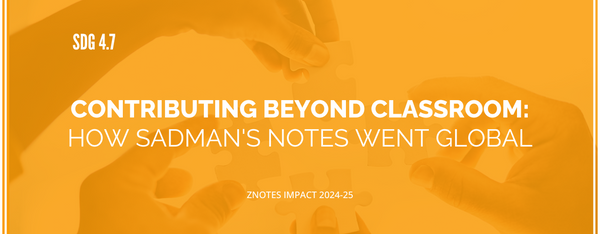Networking & Marginalization
Being a member of a marginalized group can affect the way you network in many ways. Not seeing enough representation in fields you are looking to undertake may impact if you see yourself as belonging there. The fear of implicit and explicit biases and prejudices can affect who you reach out to. And you may underplay your achievements if you have been made to feel that you are taking up space.
That's all understandable and calls us to contemplate and work towards dismantling structures that lead to these fears; nobody should be forced to have such thoughts simply because of their identities. But in the current scenario, if you want to start networking but feel inhibited, you might want to begin by considering the following!
Imposter Syndrome
Imposter syndrome does impact people from all backgrounds. But due to institutionalised biases and barriers, marginalised people are disproportionately affected. When an entire system seems to be perpetuating that you don't belong or deserve being where you are, it is not difficult to understand how that could get internalised. In turn, this could lead you to not connecting with people simply because you don't feel you are good enough, discounting your own abilities amongst a group of people, and the like.
Of course, recognizing imposter syndrome in such cases will not eliminate the situations that lead to it in the first place or change your social context. Yet, it can be empowering to come to terms with why networking makes you irk, and how that is a broader issue transcending personal preferences.
Shared Identities
Many networking events today cater specifically to underrepresented communities. You could attend those, or reach out to people who share your identities. Since they are more likely to have been through the social obstacles and challenges as you, they may understand where you are coming from and mentor you according to your specific context.
None of this is to suggest ruling out interacting with diverse people and getting exposed to new perspectives. But if avoiding so when you're just getting started feels more comfortable and secure, do know that that is a valid option, given the circumstances!
Networking conversations are almost always centred around increased opportunities-which is fine. But they also need to take the experiences of the people who miss out into account as a result of the same. Individual advice, tips, and strategies do help many, but they don't seem to be enough for the inclusion and social mobility they are looking to foster.




